General Eye Care
Your eyesight continually changes as you grow older. At Victoria Eye Center, our team relies on regular eye exams to identify potential problem areas with your eyesight and provide the treatment necessary to preserve your vision for as long as possible. Even if your vision doesn’t “feel” any different it’s still important to see an eye care professional regularly to protect the overall health of your vision.

General Eye Care
The amount of people who have been treated at Victoria Eye Center since 1995 may seem astounding. While Victoria Eye Center doctors have performed 10,000 refractive and 25,000 cataract procedures over the years, we tend not to focus on the quantity of patients but rather our quality of care.
General Eye Care at Victoria Eye Center
Eye Exams
Dry Eye
Diabetic Eye Care
Retina Procedures
Cornea
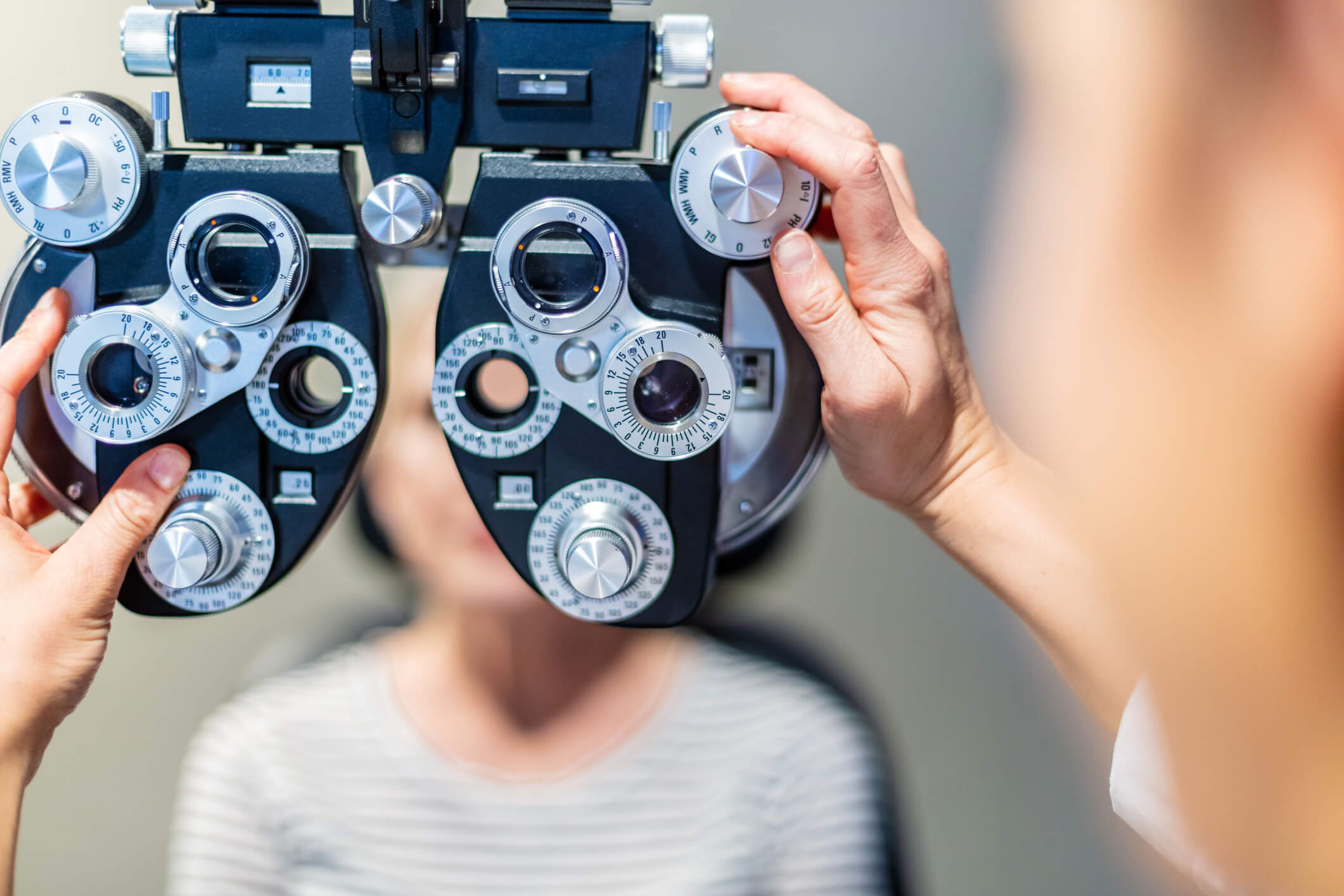
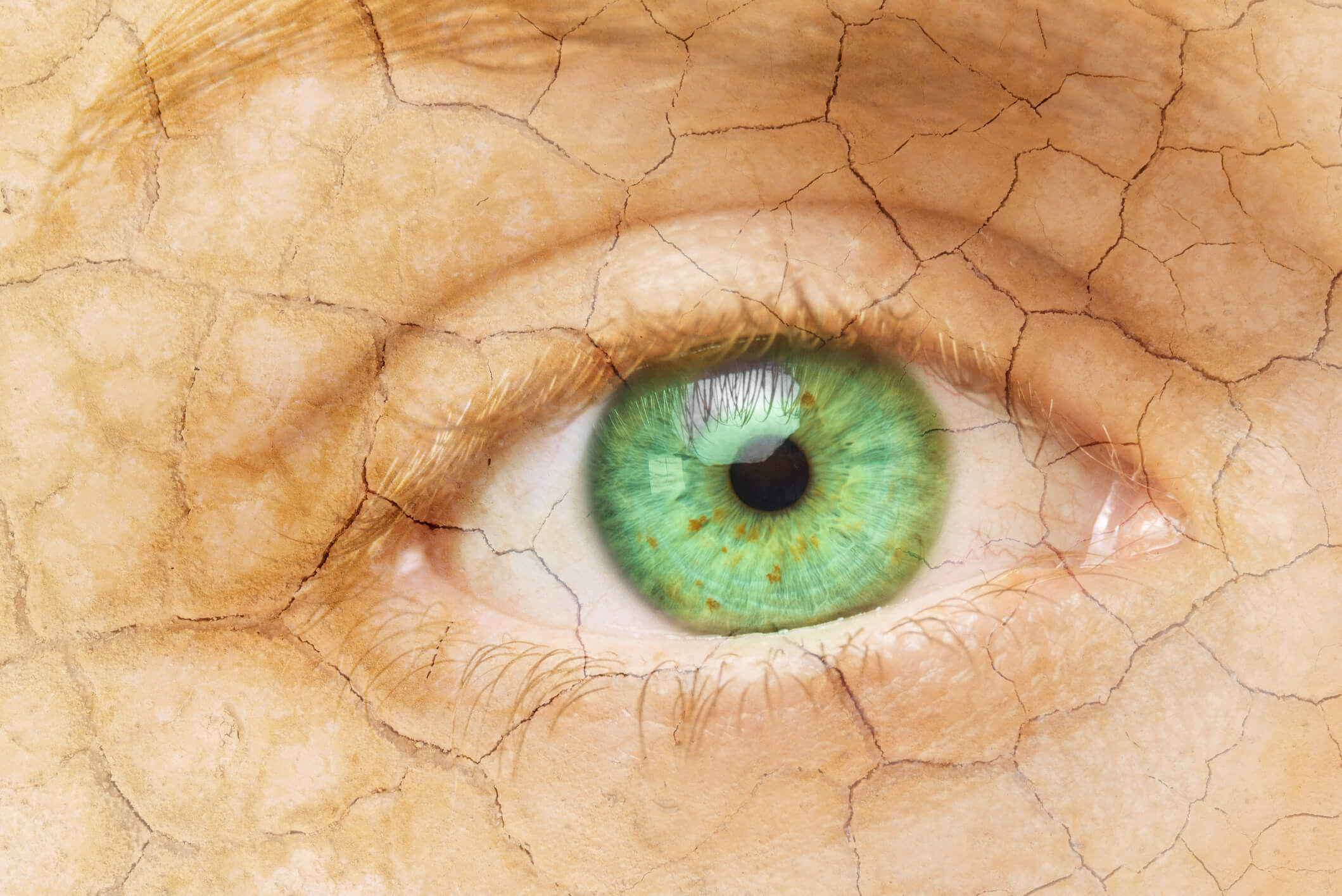
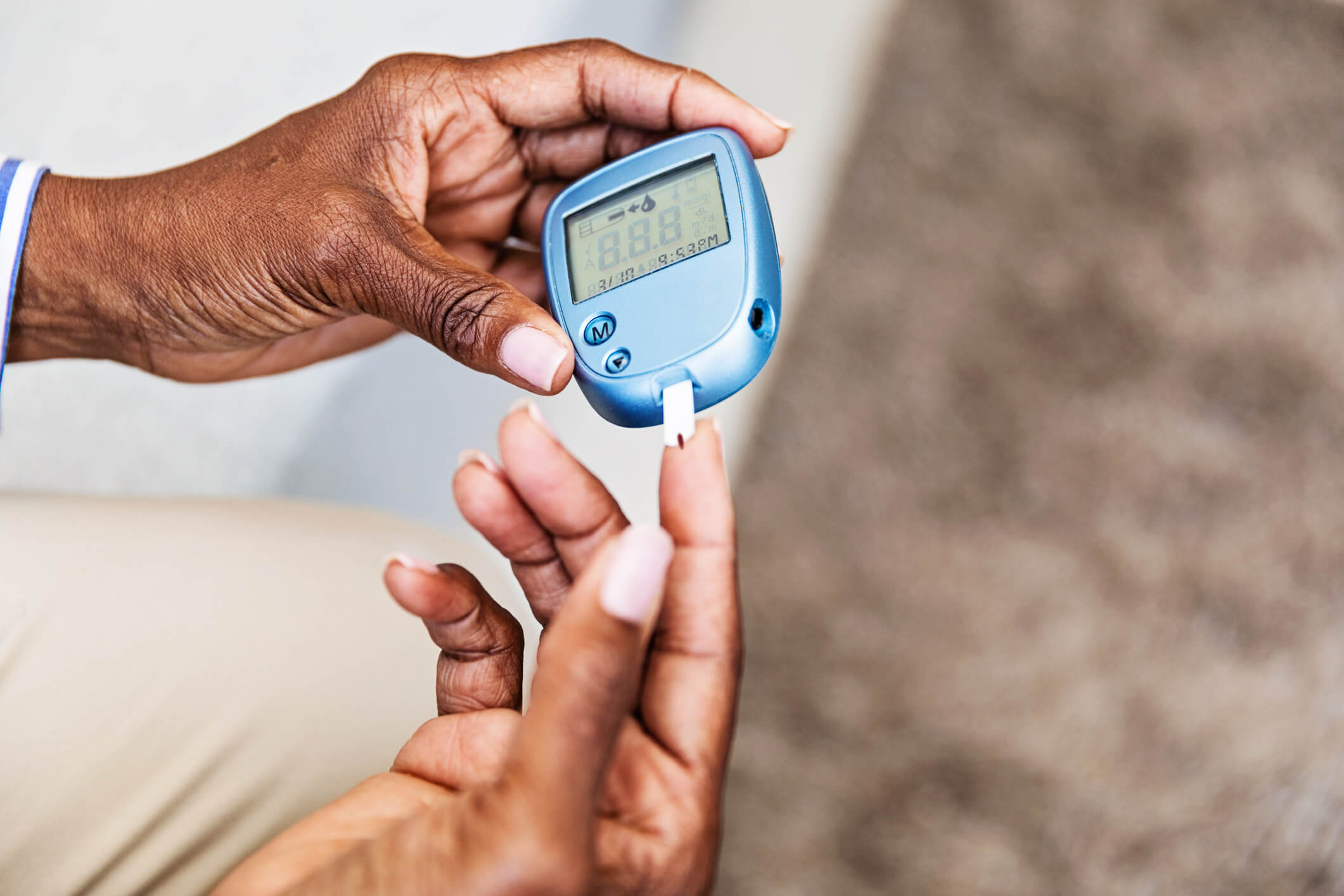
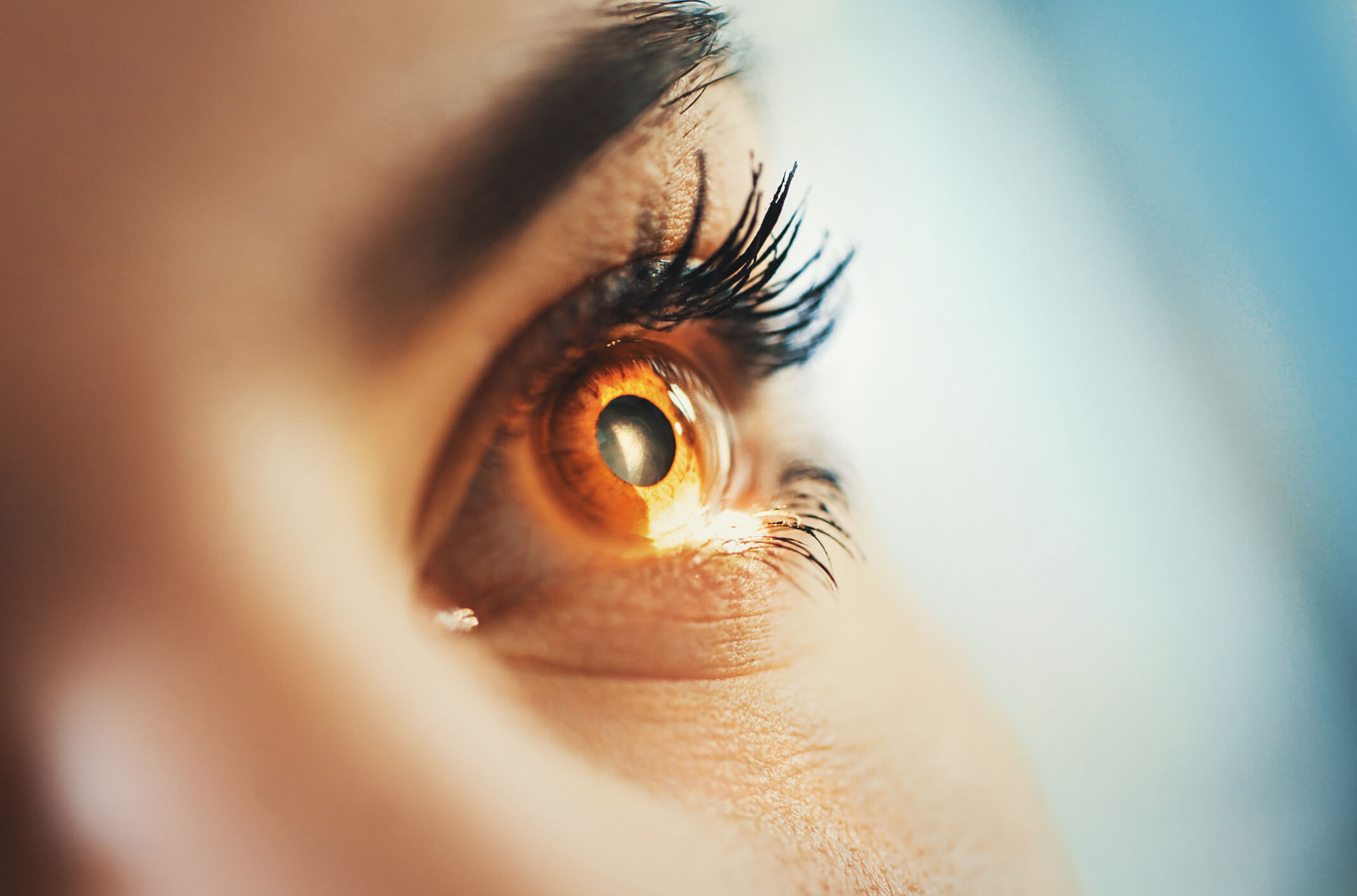
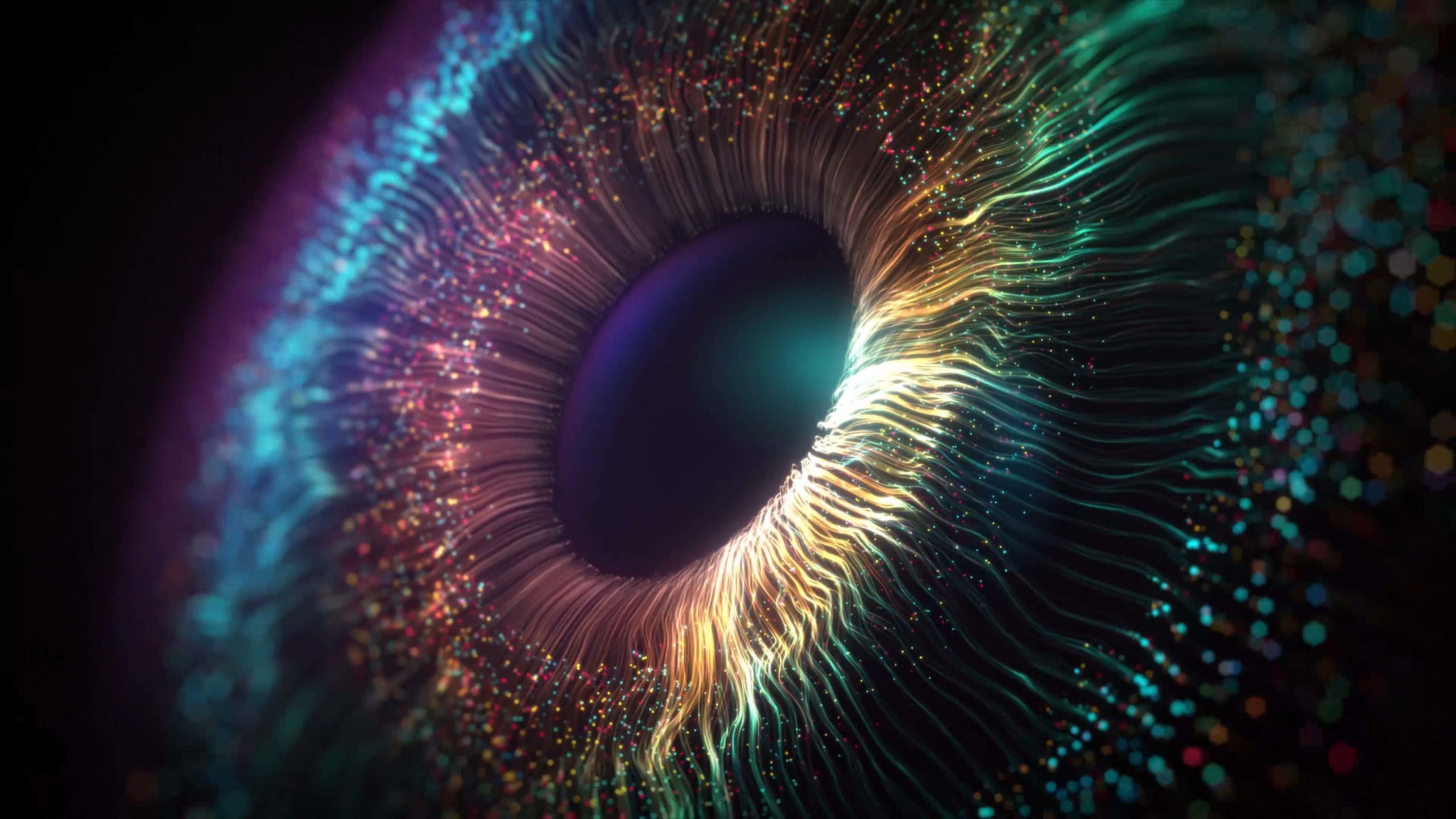
Schedule an eye exam for yourself and your family members today.
Why Our Patients Love Us
If you have a general question or would like to
request an appointment, please use our online
form, or call us at (361) 578-0234.
Click here for a site map.




